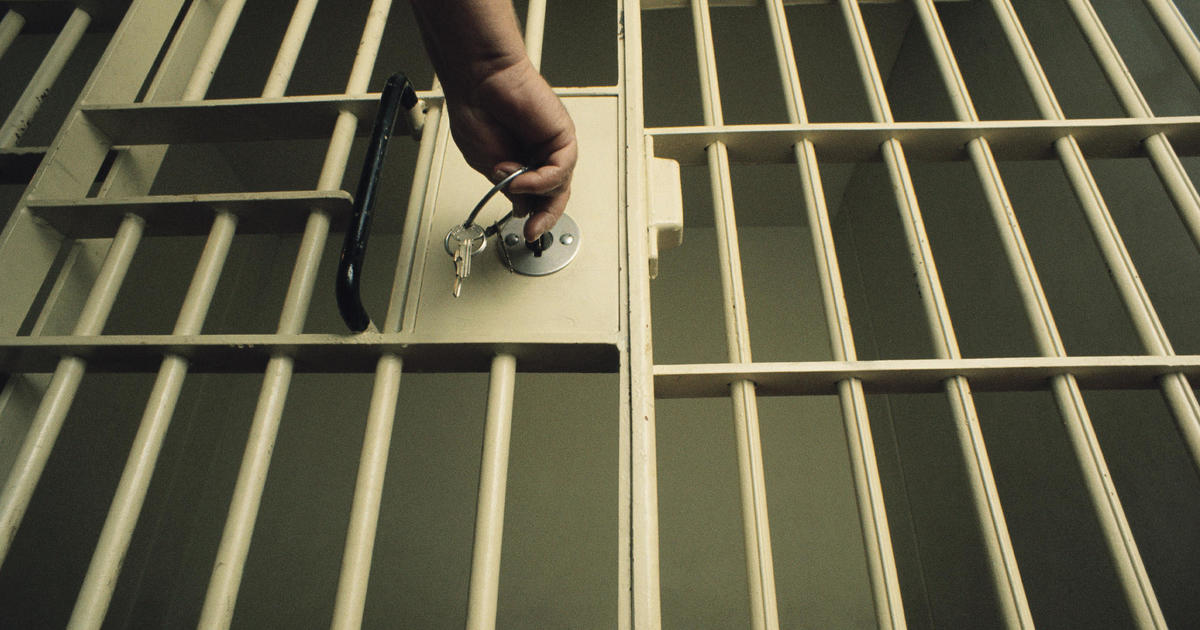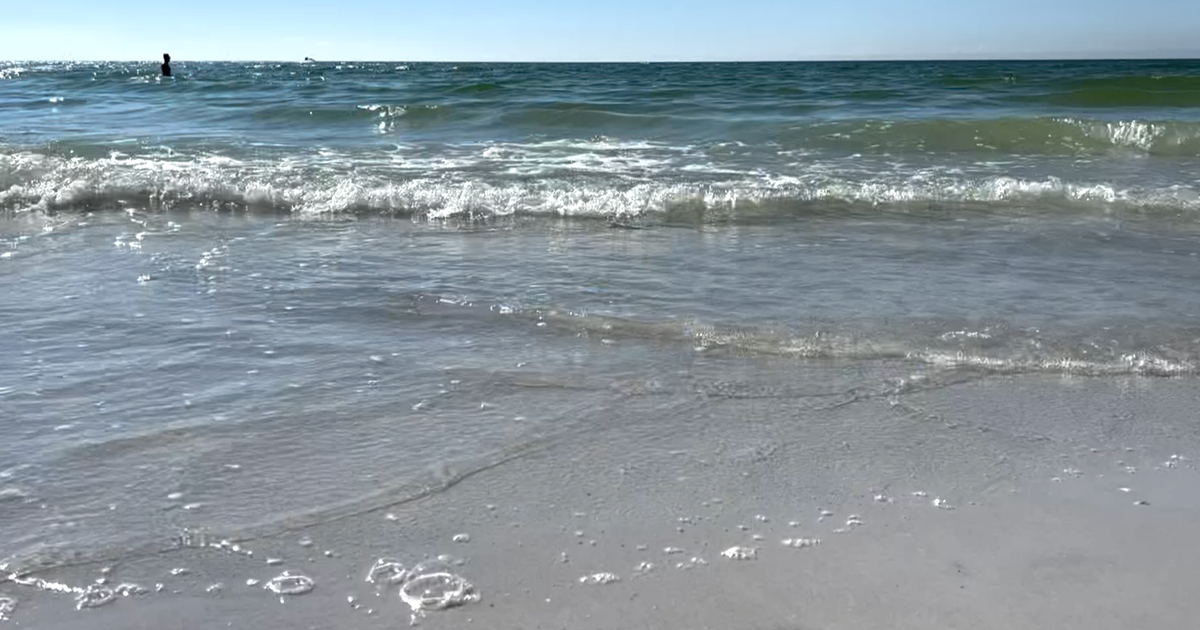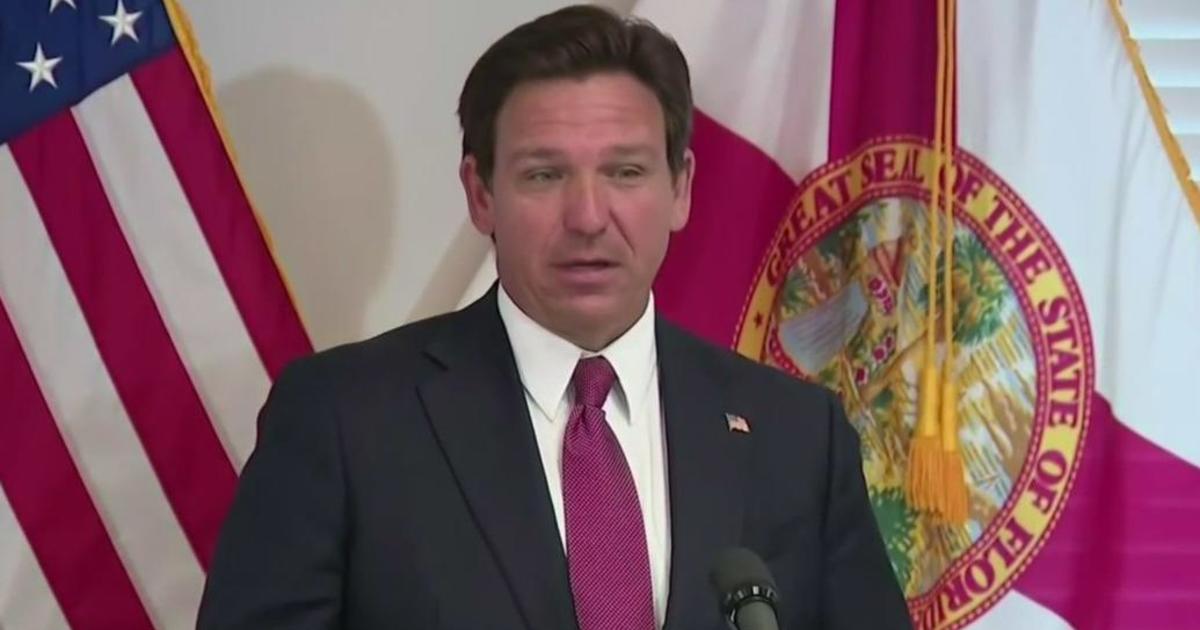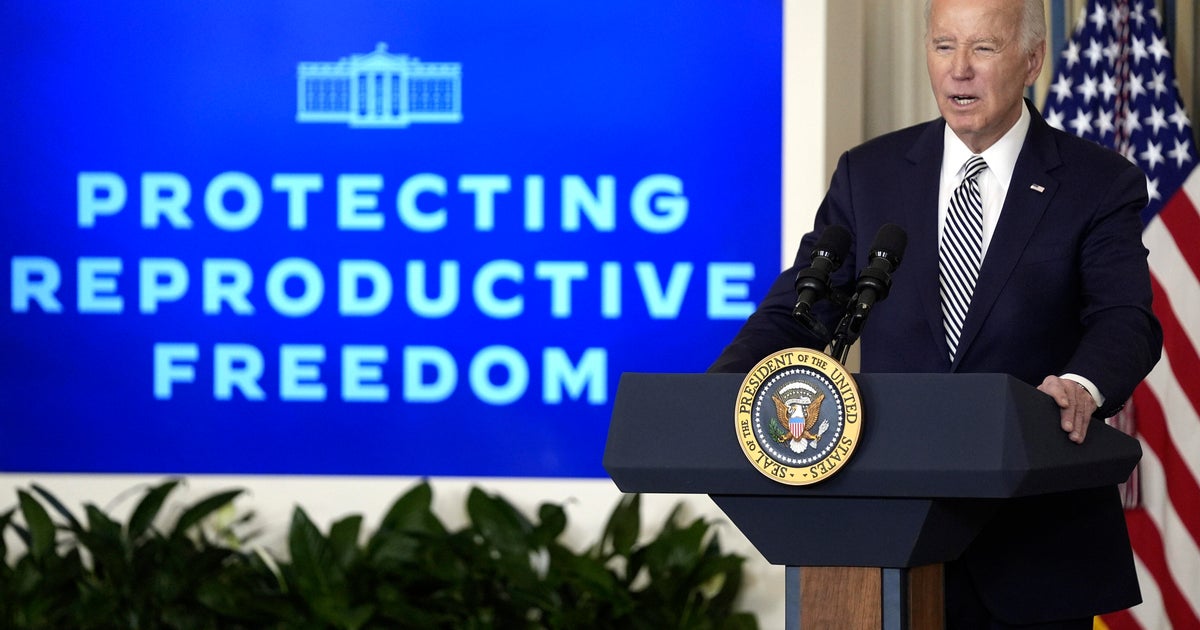Supreme Court Plunges Into Expert Witness Debate
Follow CBSMIAMI.COM: Facebook | Twitter
TALLAHASSEE (CBSMiami) – After a lobbying battle between some of the most-powerful interests in the Capitol, the Legislature in 2013 approved a law that tightened a standard for expert witnesses who testify in court cases.
But Thursday, the debate shifted across the street from the Capitol to the Florida Supreme Court.
Justices listened to arguments for slightly more than an hour about whether they should reject the revamped standard, which has been supported by business groups but opposed by plaintiffs' attorneys and The Florida Bar Board of Governors. In a somewhat-unusual occurrence, state Rep. Larry Metz, an attorney who led efforts to pass the 2013 law, defended the standard before the court.
The issue is important, at least in part, because expert witnesses can play critical roles in civil and criminal cases that involve scientific and other technical evidence. During the legislative debate, supporters of the tightened standard argued the change would help prevent "junk science" from being used in court cases --- an argument vehemently disputed by opponents, who say the change will make cases more costly and time-consuming.
Howard Coker, a Jacksonville attorney who helped represent opponents Thursday, told justices that the revised standard will make it harder for injured people to pursue cases that involve relatively little money.
"It has become a tactical tool, and the tactical tool has become the norm," said Coker, a former president of The Florida Bar and the Florida Justice Association, which represents plaintiffs' attorneys.
But Metz said the new standard, known in the legal world as the "Daubert" standard, also is used in federal courts and numerous other states. He disagreed with the arguments that the tougher standard would come into play in typical personal-injury cases.
"We don't have a parade of horribles coming out of those other jurisdictions," Metz told the Supreme Court.
The Daubert standard includes a three-part test in determining whether expert testimony can be admitted. That test involves whether the testimony is "based upon sufficient facts or data;" whether it is the "product of reliable principles and methods;" and whether a witness has "applied the principles and methods reliably to the facts of the case."
That is more restrictive than a test long used in Florida courts, known as the "Frye" standard.
While the Legislature and Gov. Rick Scott approved the change in 2013, the Supreme Court has constitutional authority to determine rules and procedures for the court system. After a lengthy process, The Florida Bar Board of Governors and a key Bar committee recommended that justices reject the Daubert standard and continue using the Frye standard.
Seven attorneys, including Metz, took part in oral arguments Thursday, with justices Barbara Pariente and R. Fred Lewis asking repeated questions. Justices likely will not rule on the issue for months.
Business groups have long lobbied for ways to rein in costly civil lawsuits, but the Daubert standard is also backed by criminal-defense attorneys. John E. Morrison, who represented the Florida Public Defender Association, said using the Daubert standard will lead to "better science" in cases than use of the Frye standard.
"What Daubert is is a decision of, what is good science," Morrison told justices.
But Wayne Hogan, a prominent Jacksonville plaintiffs' attorney who argued against the change, pushed back against the argument that the standard would prevent the use of junk science, calling that a "lobbying bumper sticker."
The News Service Of Florida's Jim Saunders contributed to this report.



